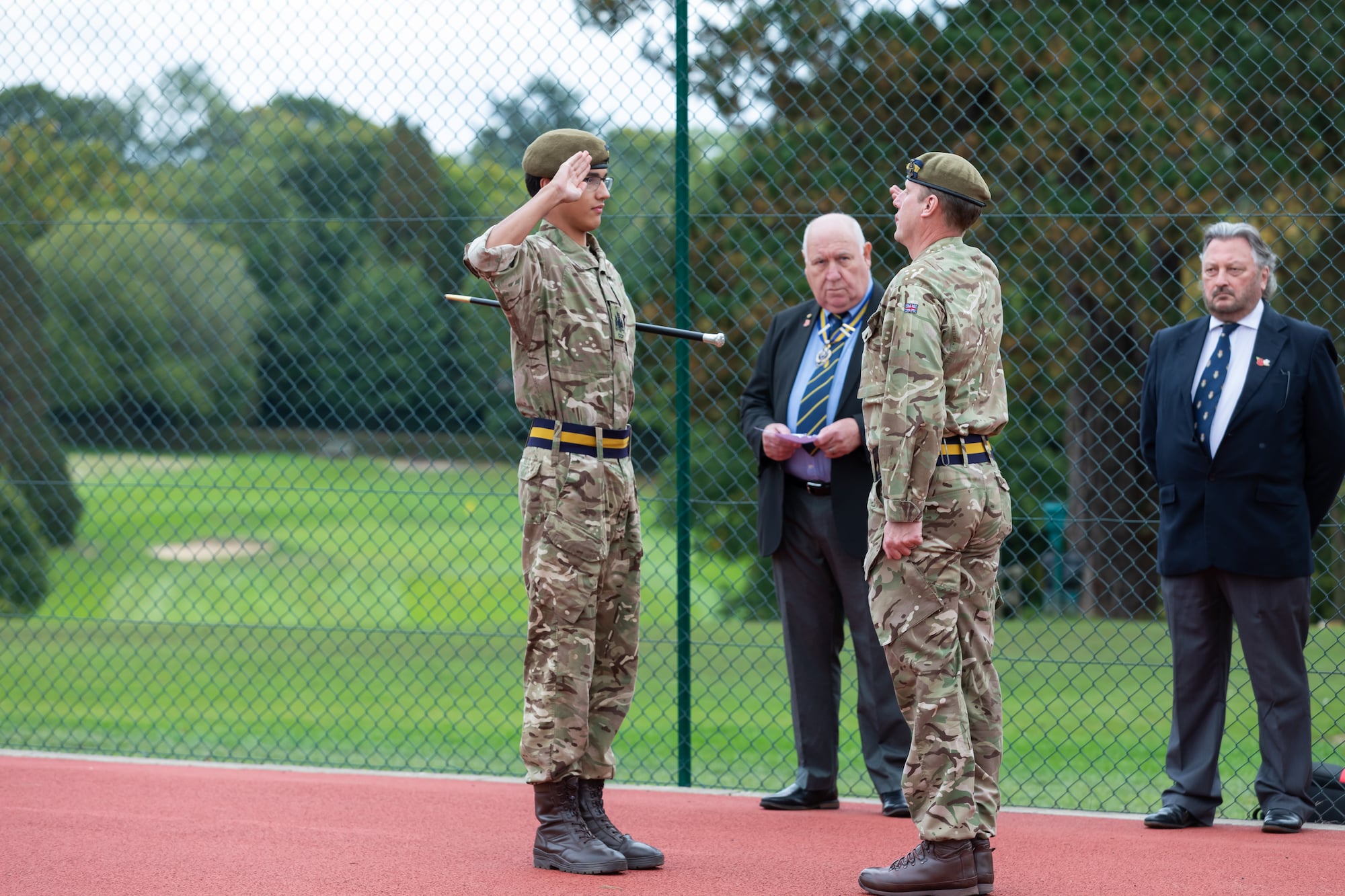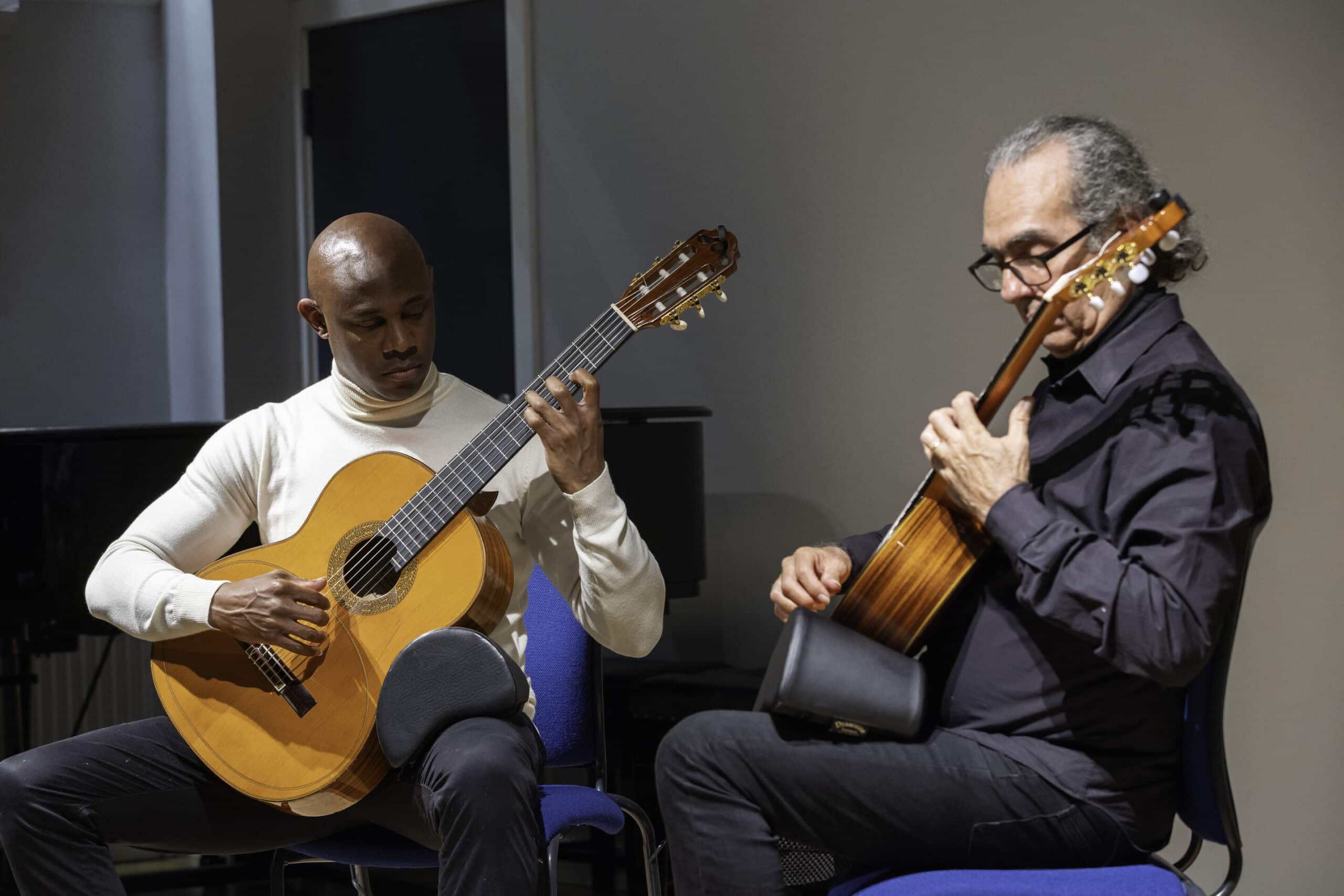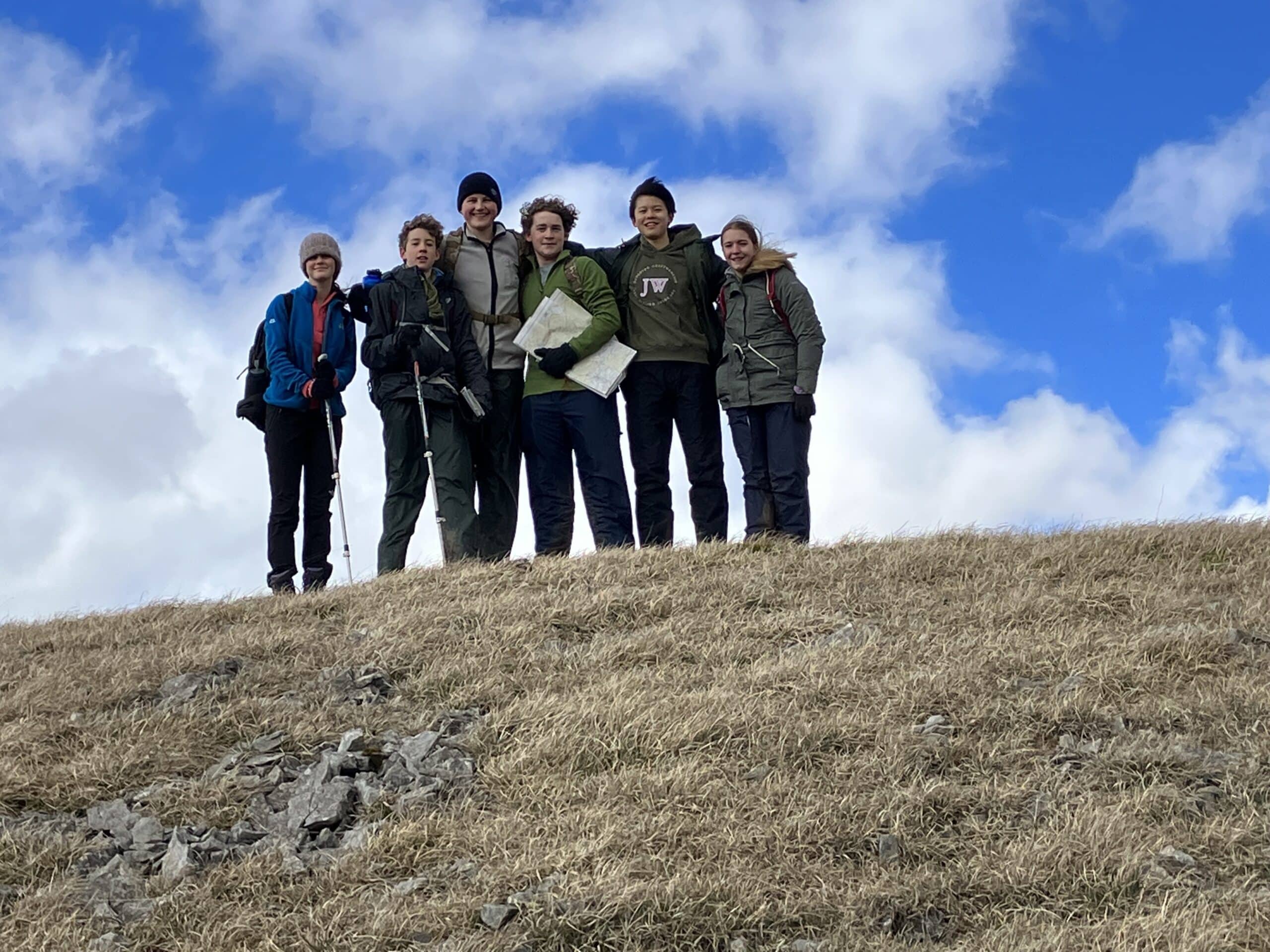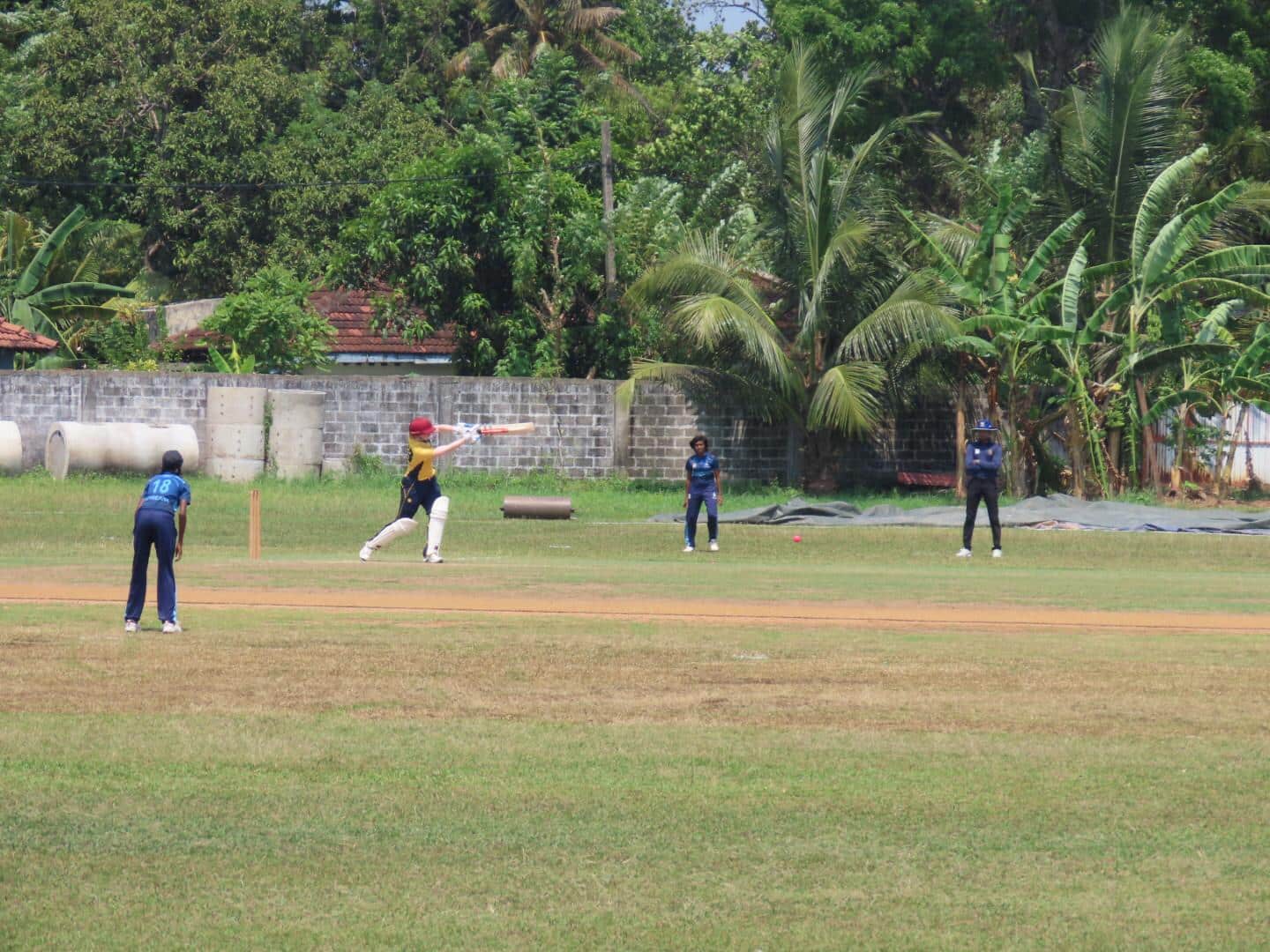 Friday 20th January in the Devonport Speech Hall saw the annual Merriman Concert Orchestra concert that showcases one of the School’s finest musicians in a concerto. Not since Tony Ho in the 90s (who played a Mozart piano concerto and the Tchaikovsky violin concerto) has there been a player who, like Chloё Allison, could have impressed equally on her other instrument. Perhaps this concert was the moment where we regulars in Cranleigh’s concert audiences realised that Chloё is equally adept on the clarinet as she is on the recorder. She played the Mozart concerto with liquid tone, subtle phrasing and an emotional depth that no professional could have surpassed. It was heartening to talk to some LVth boys who came to hear her play and hear their amazement just at the fact that she could play three complex movements by heart (interestingly the professional soprano Susana Gaspar used music in the Strauss).
Friday 20th January in the Devonport Speech Hall saw the annual Merriman Concert Orchestra concert that showcases one of the School’s finest musicians in a concerto. Not since Tony Ho in the 90s (who played a Mozart piano concerto and the Tchaikovsky violin concerto) has there been a player who, like Chloё Allison, could have impressed equally on her other instrument. Perhaps this concert was the moment where we regulars in Cranleigh’s concert audiences realised that Chloё is equally adept on the clarinet as she is on the recorder. She played the Mozart concerto with liquid tone, subtle phrasing and an emotional depth that no professional could have surpassed. It was heartening to talk to some LVth boys who came to hear her play and hear their amazement just at the fact that she could play three complex movements by heart (interestingly the professional soprano Susana Gaspar used music in the Strauss).
The first movement’s note-perfect fluency seemed almost a given with Chloё’s ability, but we who get to enjoy such music-making need to remind ourselves of the hours of practice and the expert coaching of Angus Meryon (whose own solo in the Schubert was another highlight) which precedes the concert. I was especially struck by how, even in the quicker music, Chloё maintained the melancholy sweetness of the music (reminiscent of the clarinets in the quintet from ‘The Magic Flute’). Tempi in all three movements were aptly swift and stylish with the scaled-down band blending in a real performance: the applause at the end from some hard-bitten professionals showed their genuine appreciation of a fellow musician. In the slow movement I was reminded of the phrase “’tis a gift to be simple”: to sustain a pure tone and long line is as challenging as the semi-quavers of the outer movements. Most moving of all was the spirit of consolation in the second tune, just a five-note phrase, repeated and extended but to me worth the entire Mozart ‘Requiem’. The delectable rondo was phrased in a way that suggested Chloё’s expertise in baroque music is much more appropriate to a classical style than, for example, the great jazz player Benny Goodman, who came to his recording from the opposite direction. The lightness of touch was extraordinary and there were some nice surprises in the improvised decorations (as in the first movement) but always in style and never obtrusive or putting the performer before the music. Indeed, this was one of those concerto performances where the composer was kept in first place: youngsters hearing this late Mozart work for the first time could not have had a finer introduction to its qualities.
The orchestra alone played Schubert’s ‘Unfinished’ symphony with the two movements nicely differentiated by conductor Marcus Pashley. In the first movement a proper Allegro did not preclude a chill in the clarinet theme (‘einsam, ich bin so einsam’) and the famous second subject (to which Walter Damrosch used to get audiences at school concerts singing “this is the symphony, that Schubert wrote and never finished”) was phrased naturally by a superb ’cello section led by OC Jonathan Hennessy-Brown. In the development (made more effective by the exposition repeat) Marcus Pashley brought a rawness and pain, even a sense of catastrophe, that was very powerful. In the other movement of the torso it was again the dramatic contrasts of mood and dynamics that struck me. The even larger orchestra in Wagner’s ‘Meistersinger’ overture got the evening off to a rousing start and in the Strauss songs the conductor and band handled this complex score superbly. The horn solo at the end of ‘September’ was magically autumnal and leader Kevin Weaver was sublime in the famous violin solo in ‘Beim Schlafengehen’.
After this beautiful solo the soprano enters with the words ‘Und die Seele’ with a crescendo to what can be seen as the work’s climax: the young Portuguese soprano Susana Gaspar handled this to perfection and the listeners’ souls indeed floated with her into the magic circle of the night. From the first Hesse song of these ‘Four Last Songs’ by Richard Strauss, Miss Gaspar’s top notes were stunning and the slight touch of metal in the voice softened in ‘September’, where she really blended into the orchestral texture. The final song, Eichendorff’s ‘Im Abendrot’, sent us home to ‘Schlafenzeit’ soaring like the poet’s larks.
PJL
Back to all news











